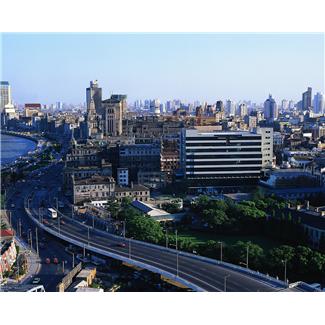Shanghai's Time Bank System Relieves Urban People’s Isolation
by Mika Iwasaki
(Mitaka, Tokyo, Japan)

Shanghai has many problems because of rapid urbanization
Shanghai is the most rapidly growing city in the world. But there are many problems because of rapid urbanization. One of the problems is that human relationships are becoming estranged.
Yesterday on NHK TV news, I heard that old people’s lonely deaths are recently increasing in the housing developments of Shanghai.
People’s ties are getting more and more weakened. Now, there are many people living in housing developments who never know their neighbors. I am surprised at that news, because I thought that Chinese people have strong relationships in families and in their areas.
Chinese people worry about the neighborhood relationships in the big city. In one Shanghai housing development, residents are trying to improve neighborhood relationships by starting a unique practice.
The unique practice is called the “Time Bank” which is a system where every resident helps out each other.
Each resident puts up a notice that he/she can supply a service (for example, teaching English, repairing an electric appliance, and so on) on the board and if someone needs that service, they can request it.
Every resident has a passbook for the Time Bank. When a resident supplies a service for another resident, in the passbook he/she can store the time equal to that required for the service. And he/she can use the stored time in the passbook to receive another resident’s services.
Through the Time Bank system, many residents in the huge housing development got acquainted with each other and began having more neighborhood interactions in their daily life.
Japanese big cities have had the problem of estranged human relationships for several decades. Before long, we might be able to learn from Chinese big cities on how to solve the problem of people’s isolation in urban areas.
|